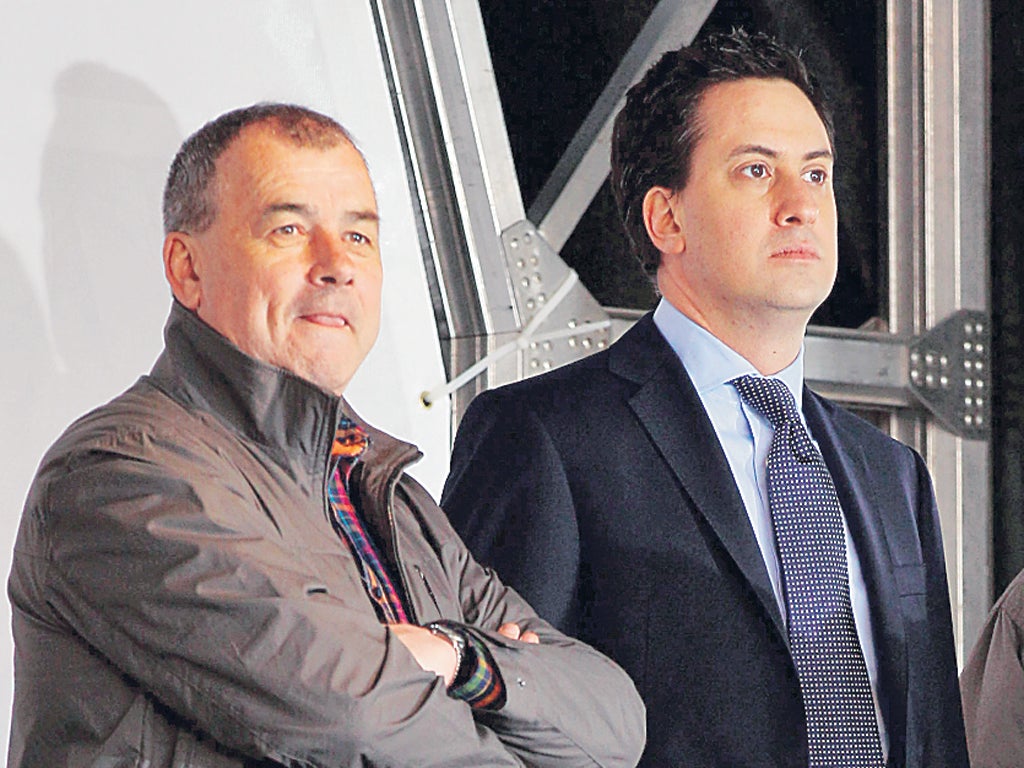Reform party funding or politics will sink in sleaze, says watchdog
Agreement on reform as far away as ever as Standards committee ends 17-month inquiry

The anti-sleaze watchdog warned Britain's politicians yesterday they would be engulfed in a corruption scandal unless they reform the way their parties are funded.
Sir Christopher Kelly, chairman of the Committee on Standards in Public Life, proposed a £10,000 cap on individual donations and urged politicians to bite the bullet by approving £115m of taxpayer funding over five years to compensate parties for the income they would lose from such a ceiling.
After a 17-month inquiry, the committee said the present system was "no longer fit for purpose" and that a cap on donations was the only way to take the "big money" out of politics. Although the three main parties all promised to reform political funding in their election manifestos last year, their sceptical reaction to yesterday's report showed that an agreement between them remains as far away as ever.
Sir Christopher said: "The issue of party funding cannot be shelved until the next scandal brings it to the fore. For as long as the system remains as open to corruption as the present arrangements, the possibility of another scandal will remain."
Under yesterday's 111-page blueprint, extra state funding would not take effect until after the next general election in 2015. It proposed a £23m a year subsidy, based on £3 per vote cast at the previous general election and £1.50 in polls for the European Parliament, Scottish Parliament and Welsh and Northern Ireland assembly.
The committee argued that would be "a relatively small price to clean up party funding and remove the corroding perception of corruption" – just 50p a week for each voter. It also proposed income tax relief for donations up to £1,000.
If a £10,000 cap had been in force for the past nine years, the Tories would have lost £12.7m a year (76 per cent of their donations), Labour £14.7m (91 per cent) and the Liberal Democrats £1.6m (57 per cent). However, the committee proposed that trade union affiliation fees should not count towards the cap if members "opt in" rather than have to "opt out" of paying the political levy. That would have limited Labour's losses to £7.3m (45 per cent).
If the system proposed by the committee had been in place in the same period, the Conservatives would be £5m and Labour £5.8m a year worse off, while the Lib Dems would be £3.2m better off. After several big donors were appointed to the House of Lords, the committee proposed that parties should state the reason why people are nominated for a peerage.
The task of trying to forge a consensus on the report falls to Nick Clegg, who is in charge of political reform. Sir Christopher accused him of a "knee-jerk" reaction after he issued a statement saying: "The case cannot be made for greater state funding of political parties at a time when budgets are being squeezed and economic recovery remains the highest priority."
However, Mr Clegg said the coalition Government accepted in principle a cap on donations and would look at whether existing state support for parties could be used more effectively.
Baroness Warsi, the Tories' co-chairman, said: "The public will simply not accept a plan to hand over of almost £100m of taxpayers' money to politicians. Taxpayers have already bailed out the banks, they shouldn't have to bail out political parties too."
Subscribe to Independent Premium to bookmark this article
Want to bookmark your favourite articles and stories to read or reference later? Start your Independent Premium subscription today.

Join our commenting forum
Join thought-provoking conversations, follow other Independent readers and see their replies